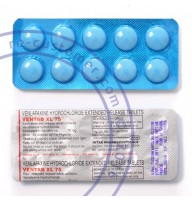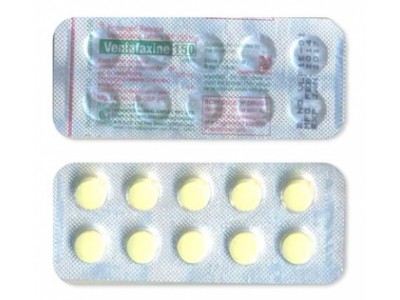Effexor (venlafaxine) may not be effective for various reasons. One common issue is the dosage. It might be that the dosage prescribed is too low to produce the desired therapeutic effect. Adjusting the dosage, under the guidance of a healthcare provider, can sometimes make a difference. Another factor could be the duration of use. Antidepressants like Effexor typically take several weeks to show their full effect. If you haven't been on the medication for at least four to six weeks, it might be too early to determine its effectiveness.
Individual differences in how the body metabolizes the drug can also play a role. Some people have different metabolic rates or genetic variations that affect how they respond to certain medications. This can result in the drug being less effective or causing more side effects. Additionally, co-occurring medical conditions or other medications you are taking might interfere with Effexor's effectiveness. Certain health issues or drug interactions can diminish its efficacy or increase side effects.
Psychological factors and the specific nature of your depression or anxiety might also impact how well Effexor works. Not all antidepressants are effective for all types of depression or anxiety disorders. Sometimes, the specific symptoms or underlying causes of your condition might respond better to a different class of medication or a combination of treatments.
It is important to communicate openly with your healthcare provider about your experience with Effexor. They might consider adjusting the dose, switching to a different medication, or adding another form of treatment, such as therapy. Never adjust your medication regimen without professional guidance, as this can lead to adverse effects or withdrawal symptoms. Your healthcare provider can work with you to find the most effective treatment plan tailored to your specific needs.

